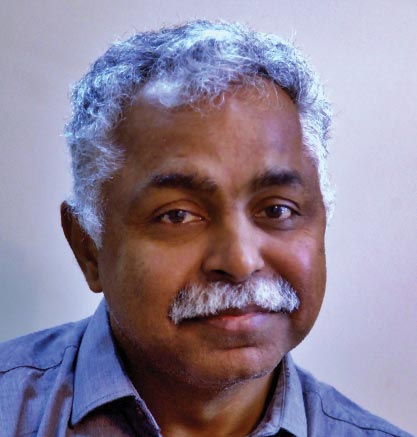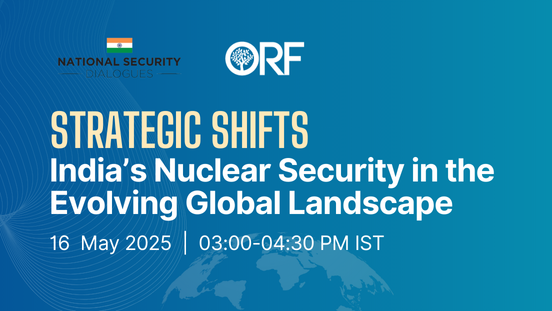-
CENTRES
Progammes & Centres
Location
India’s biofuel journey marks a strategic shift toward sustainable transport, highlighting key milestones and challenges that shape its future path ...
Despite constitutional safeguards, ULBs across India are increasingly being hollowed out by centralising tendencies, undermining the spirit of democratic decentralisation ...
Poor planning, weak infrastructure, and fragmented regulations keep the Public Bike Sharing systems from solving the first- and last-mile connectivity puzzle ...
To maximise the impact of India's free public transport schemes, a comprehensive and inclusive policy framework must be implemented ...
China’s towering ambitions have met reality—stricter regulations are now limiting skyscrapers as economic, environmental, and safety concerns reshape urban policy ...
The newly elected Delhi government now faces the challenging task of governing the national capital while fulfilling its electoral promises ...
India’s “In-Situ” Slum Redevelopment scheme under PMAY-U struggled with low occupancy and stalled projects. Can new policy strategies bridge the gap? ...
India’s transport emissions are rising fast. Can CAFE norms integrate biofuels alongside EVs to drive a sustainable, low-carbon future for mobility? ...
A congestion charge, like the one being implemented in New York, is proven to have a positive impact on traffic congestion and quality of life, however, a lack of political will and public opposition makes it difficult to implement in India ...
While urban density has a lot of advantages, urban development must be decentralised to mitigate the negative effects of too much density and the concentration of resources in a few megacities ...
Citizens in India’s cities are increasingly frustrated with their urban local bodies, and this problem calls for significant municipal governance reforms ...
The climate crisis threatens livelihoods, worsens inequalities, and amplifies vulnerabilities. Building urban resilience to climate threats is essential to ensure no one is left behind. ...
Transport authorities in India’s urban centres need to actively work towards operational integration to make public transport more convenient and viable for commuters ...
Amidst rapid urbanisation, it is imperative to protect the environment, develop tailored policy solutions, and ensure their effective implementation ...
With the heightened recurrence of climate-related crises in Indian cities, the challenge of building climate resilience has come to the foreground of the national urbanisation discourse. ...
Nations across the world are working towards a clean energy transition. India, in particular, has taken several steps to reduce its fossil fuel dependence ...
New York City’s experiment with rodent contraceptives is an important new step towards rodent control ...
A comprehensive approach involving infrastructure development, improved water management, and effective policies is required to ensure equitable and sustainable access to water for all ...
For Indian cities to advance their adaptation, mitigation, and resilience agenda, national frameworks are required to prioritise long-term goals in a city infrastructure investment pipeline of projects ...
The central and state governments must step up efforts at creating pathways for effective urban self-governance ...
The holistic approach is essential to overcoming the challenges associated with fragmented transport systems and building an integrated, user-centric, and sustainable multimodal transport system ...
India needs an urgent overhaul of its urban governance architecture to improve the performance of the cities as potential engines of growth for the national economy ...
The government’s measures to address affordable housing shortages offer hope across income groups. However, sustained commitment to continue these measures is crucial for its success. ...
While national policies provide guidelines for achieving the net-zero targets, these seldom translate into effective strategies at the local level ...
.jpg)

K. M Gopakumar is a Senior Researcher and Legal Advisor at Third World Network (TWN) and based in New Delhi, India. TWN is an independent, not-for-profit organisation that carries out policy research and advocacy on issues around trade and development, ...
Read More +
